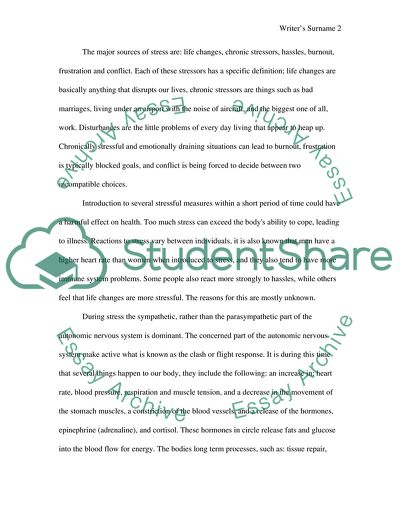Cite this document
(Stress Is the Non-Specific Response of the Body Case Study - 3, n.d.)
Stress Is the Non-Specific Response of the Body Case Study - 3. https://studentshare.org/health-sciences-medicine/1710694-research-paper
Stress Is the Non-Specific Response of the Body Case Study - 3. https://studentshare.org/health-sciences-medicine/1710694-research-paper
(Stress Is the Non-Specific Response of the Body Case Study - 3)
Stress Is the Non-Specific Response of the Body Case Study - 3. https://studentshare.org/health-sciences-medicine/1710694-research-paper.
Stress Is the Non-Specific Response of the Body Case Study - 3. https://studentshare.org/health-sciences-medicine/1710694-research-paper.
“Stress Is the Non-Specific Response of the Body Case Study - 3”. https://studentshare.org/health-sciences-medicine/1710694-research-paper.


